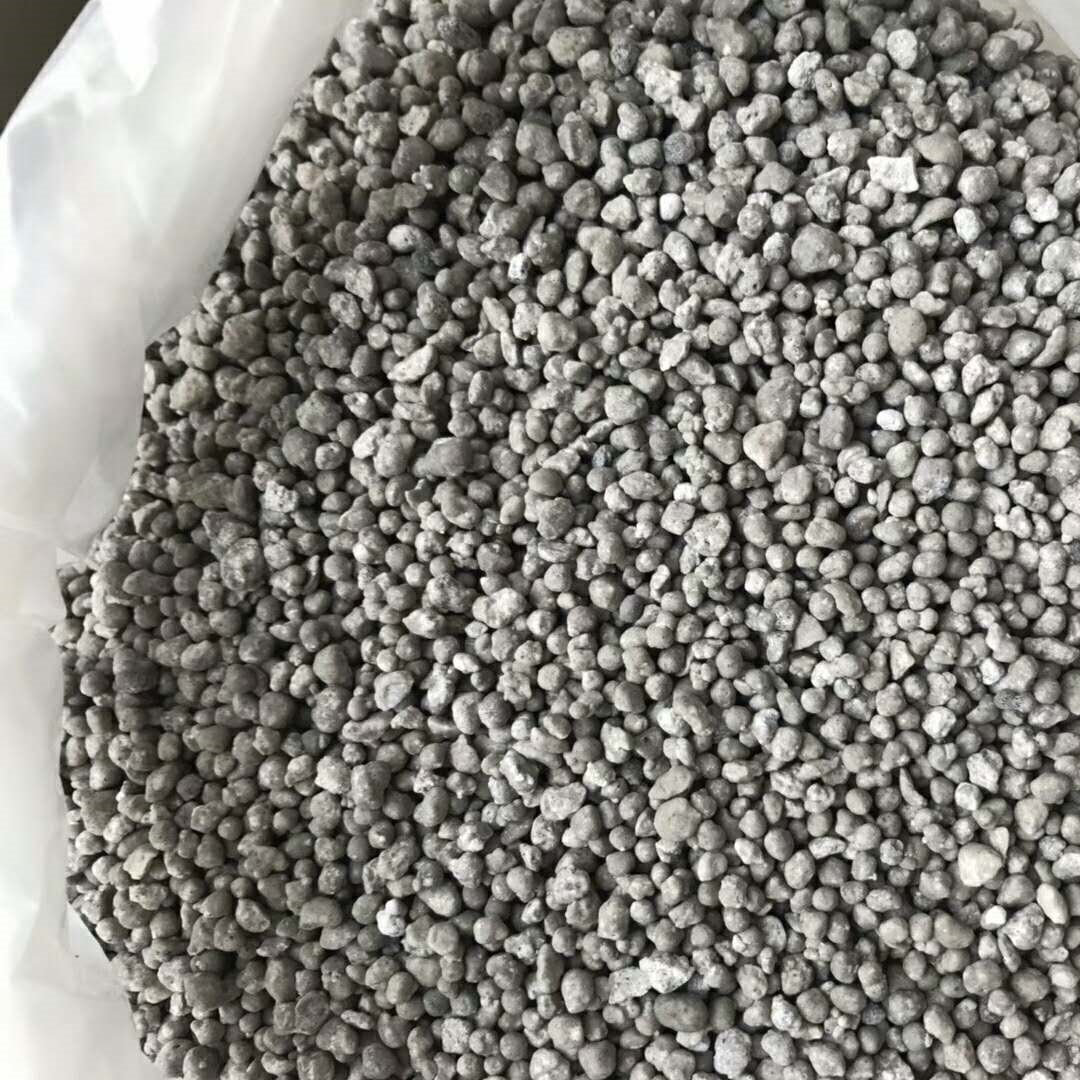
11月 . 25, 2024 09:11 Back to list
Fertilizer Production Facility with 28-0-4 Nutrient Composition for Optimal Crop Growth
The Role and Importance of 28-0-4 Fertilizer Factories in Agriculture
Fertilizer plays a crucial role in modern agriculture by enhancing soil fertility and boosting crop yields. Among the myriad of fertilizers available, one formulation stands out the 28-0-4 fertilizer. This nitrogen-rich solution, composed of 28% nitrogen, 0% phosphorus, and 4% potassium, is widely used in various agricultural practices. The factories that produce this specialized fertilizer are essential to ensuring sustainable agricultural practices, food security, and environmental stewardship.
Understanding 28-0-4 Fertilizer
The numbers in the fertilizer label, 28-0-4, indicate its nutrient composition. The first number represents the percentage of nitrogen (N), crucial for plant growth and development, particularly for leafy vegetables and grains. Nitrogen is a vital component of amino acids and proteins, contributing significantly to the synthesis of chlorophyll, which is essential for photosynthesis. The second number, zero, indicates that there is no phosphorus (P) in this formulation. Phosphorus, while necessary for root development and flowering, can also lead to environmental concerns such as water pollution if over-applied. The final number signifies that 4% of the fertilizer is potassium (K), an essential nutrient that aids in various plant physiological processes including water regulation, enzyme activation, and overall plant health.
The Manufacturing Process
The production of 28-0-4 fertilizer typically involves several stages. Raw materials, including urea for nitrogen and potassium compounds, are sourced and processed in facilities specifically designed for fertilizer manufacturing. Modern fertilizer factories employ advanced technology and safety measures to ensure that the production of fertilizers meets high-efficiency standards while minimizing environmental impact.
In the initial stage, urea is dissolved and combined with potassium compounds in a controlled environment. This mixture is then subjected to specific temperature and pressure conditions to ensure that the nutrients are effectively blended. Quality control is a crucial aspect of the manufacturing process, where samples of the product are taken at various points to assess their nutrient concentration and to ensure they meet regulatory standards.
Once the fertilizer has been synthesized, it is granulated and dried to enhance its storage and application properties. The final product is then packaged and distributed to retailers or directly to farmers.
28-0-4 fertilizer factory

The Importance of 28-0-4 Fertilizer Factories
28-0-4 fertilizer factories play a vital role in supporting agricultural productivity worldwide. By providing nitrogen-rich fertilizers, these factories help farmers maximize crop yields and achieve better quality produce. Enhanced crop productivity directly impacts food supply chains, supporting both local economies and global food security.
Moreover, the careful balance of nutrients in 28-0-4 fertilizer reduces the risks associated with over-fertilization. The formulation allows farmers to meet the nitrogen needs of their crops without adding excessive phosphorus, which can contribute to runoff and eutrophication in nearby water bodies.
Environmental Considerations
While 28-0-4 fertilizer offers several advantages, there are environmental considerations that need to be addressed. Fertilizer manufacturers must engage in sustainable practices, including minimizing emissions and ensuring proper waste management. Additionally, education and outreach to farmers about best practices for fertilizer use are crucial to prevent nutrient runoff and promote responsible agriculture.
Innovative technologies and techniques, such as precision agriculture and the use of slow-release fertilizers, can enhance the efficiency of fertilizer application, reducing the risk of environmental damage. Fertilizer factories are increasingly collaborating with researchers and agricultural specialists to develop eco-friendly fertilizers and practices.
Conclusion
In conclusion, 28-0-4 fertilizer factories serve a fundamental role in modern agriculture by providing essential nutrients that enhance soil fertility and crop yields. Through efficient manufacturing processes and sustainable practices, these factories support food security and promote responsible agriculture. As the demand for food continues to rise, the importance of innovative fertilizer solutions and the role of factories in producing them cannot be overstated. By prioritizing sustainability and efficiency, the 28-0-4 fertilizer industry will remain a cornerstone of successful agricultural practices for years to come.
-
Premium 8 12 16 Fertilizer – High-Efficiency Compound & Granular NPK Supplier
NewsJun.10,2025
-
High Quality Agricultural Grade NPK Fertilizer Manufacturer & Supplier Reliable Factory Price
NewsJun.10,2025
-
Organic Fertilizer for Corn Boost Yield Sustainably
NewsJun.10,2025
-
Organic Fertilizer for New Plants Natural Growth Boost & Eco Nutrients
NewsJun.10,2025
-
Optimized Hydroponic NPK Fertilizer – Fast Growth & Nutrients
NewsJun.09,2025
-
Top-Rated NPK Fertilizer for Fruit Trees - Boost Growth & Yield
NewsJun.09,2025
